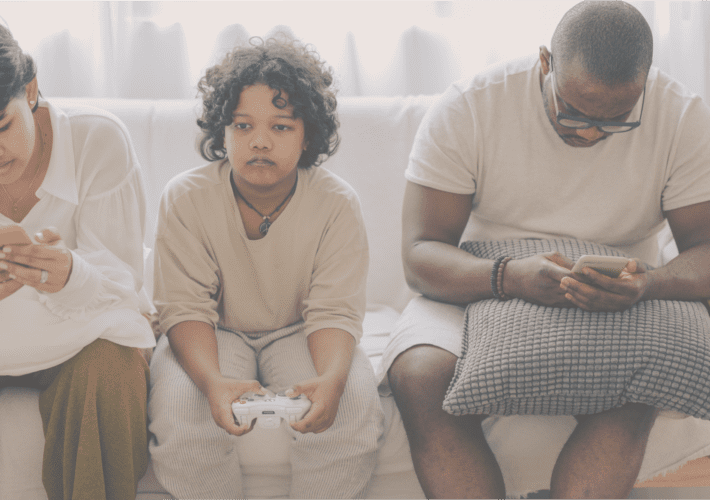It has been almost two weeks since I last put up a blog post here. It’s not exactly because I didn’t want to. I’ve tried writing on some of the topics I have planned, but I would simply give up after a few paragraphs. I had set a goal earlier in the year to publish at least a blog post every 10 days. It’s 14 days in, the 2nd of March, and I’m still here staring at my laptop, thinking of the next punchline to impress you. As I tried to review my to-do list in a bid to remind myself why I was there again in the first place (still staring at the laptop). I received a notification from work on a new task for that day. It was a task I found interesting at the time, and before I knew it, I was back at my desk, coding.
Did this for hours and then it dawned on me that it wasn’t exactly that I was lazy, procrastinating, or feeling unmotivated to work. “Writing” wasn’t just the task I wanted to do at the time. And deep down, I knew that. But because I had given myself an artificial deadline to complete this task, I could not bring myself to leave it hanging. So instead, I would stare at the screen all day and end up going to bed tired. Do you know what would have made more sense?
“Doing Nothing Until I was Ready to do Something”
When you look at really productive people, you wonder what makes them special. We all want to be consistent, procrastinate less, check off those boxes, and achieve those goals. Sometimes, we even tell ourselves, “I won’t rest until I achieve X.”
The truth is, we are different and unique in our own ways, so you will probably not be like them. It’s best to know yourself and understand how your brain and body works. You may need to watch an episode of a Netflix series, take a walk, or have a good round-2 sleep to be able to check off the day’s tasks. Doing these things doesn’t make you less of a hard worker. It just means you’re conscious enough to understand the fact that micromanaging yourself might eventually lead to burnout, which is not favorable to you or the work you’re trying to get done. I make use of a to-do list almost every day, but its purpose isn’t to make me do everything on the list. It is to remind me of the tasks that I still have to complete, and I just trust myself to prioritize and complete them in order of importance.
I understand that sometimes you will need to complete some tasks even when you don’t feel like it. Well, that’s why deadlines exist. Deadlines naturally motivate completion. It’s a great organizational tool, and this is why teachers and managers make use of it. If you’re still not motivated by deadlines, then you might need to adopt the concept of slow productivity before the deadline hits.
Slow Productivity
Slow productivity is a concept developed by Cal Newport, the author of Deep work. He believes the four-day work weeks solution to employees’ burnout is only a partial solution to bigger problems like overworking your employees, condensed deadlines, micromanaging, etc.
His idea is for companies to simply cut down employees’ workload and focus more on the quality of their work rather than quantity.
We can apply the same thing to our personal life. Whether you have a boss to report to or own your own business. The idea is still the same—working a little slower, prioritizing, and focusing on fewer things at a time so that you can enjoy the process. Working a little slower could mean taking the time out to simplify the project you want to work on, or reading a book or article about the task you’re trying to do. Just anything that sets you in motion.
The idea is to “just do something” when you don’t know where to start.
Do Something
Sometimes we overcomplicate little things because we feel overwhelmed, indecisive, or lost. But your first step in the right direction doesn’t always have to be a big one. In my own case, simply writing the blog title could have ignited my brain’s full potential to create even more. In fact, this blog post didn’t have a title until I was mid-way into it.
Our definition of being productive doesn’t have to be the usual;
- Wake up at 4 am
- Work straight for 12 hours
- Read five books in a month
It can also look like this;

- Taking a walk
- Reading
- Taking a nap
- Hanging out with friends
Just basically slowing down to prioritize aspects of your life that need attention.
“Sometimes you have to slow down to speed up.”
After I stopped coding that day, I took time to reflect on how the whole day went, and it started to come back to me that I’ve not been fair enough to myself. Apparently, coding, research, reading, etc., have been my routine the whole week, but I’ve been beating myself up so badly because I haven’t been able to complete this one task(writing). And that wasn’t fair.
So yeah, I took Friday off to slow down, and combined with the weekend, I felt rejuvenated.
As much as it makes sense to plan, strategize, set goals, and so on, you also want to leave room to work slowly or sometimes do nothing and recharge. That way, we become even more efficient, prioritize, work smarter and not harder, and start living. Who knows, you might even get to your destination faster than you think and enjoy the journey while at it.






2 COMMENTS
Tasha
3 years agoSo important it is to know what works for you and following it to get to completion to avoid exhaustion. Thank you Rachel
racheltomi
3 years ago AUTHORYou’re welcome : )